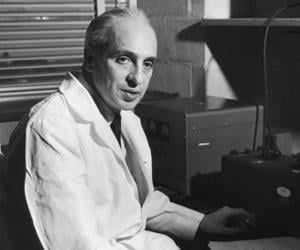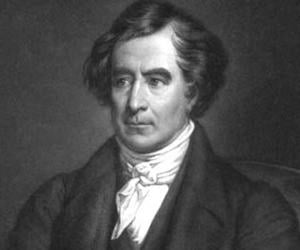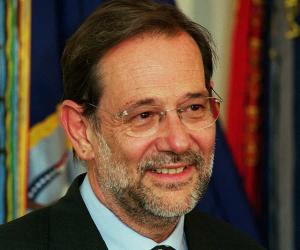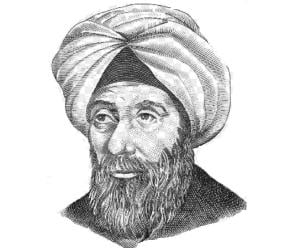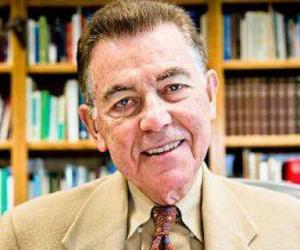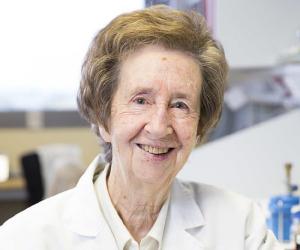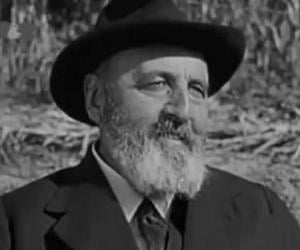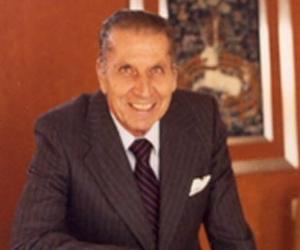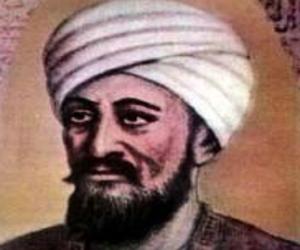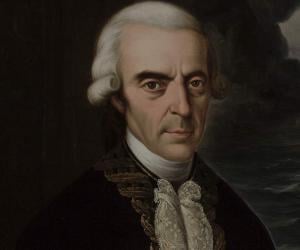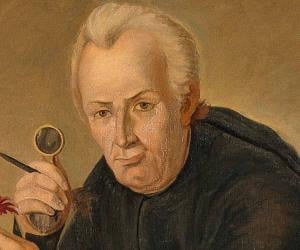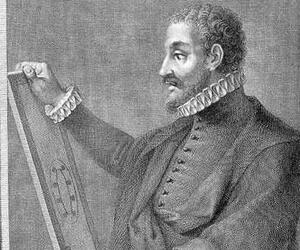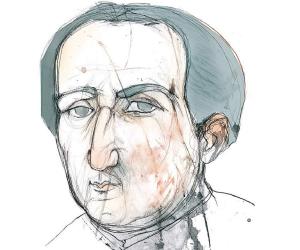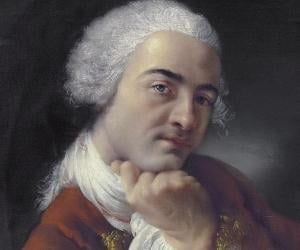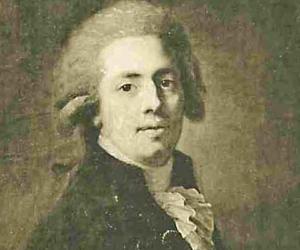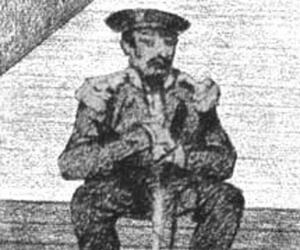1
Severo Ochoa
(Physician and Biochemist)
Birthdate: September 14, 1905
Sun Sign: Virgo
Birthplace: Luarca, Spain
Died: November 1, 1993
Severo Ochoa de Albornoz was a renowned Spanish physician and biochemist. He achieved international recognition for his groundbreaking work in the field of biochemistry, particularly in elucidating the mechanisms involved in the biological synthesis of deoxyribonucleic acid (DNA). Ochoa's contributions to the scientific community were further solidified when he was awarded the Nobel Prize in Physiology or Medicine in 1959, alongside Arthur Kornberg, for their collaborative discovery in this crucial area of research.
